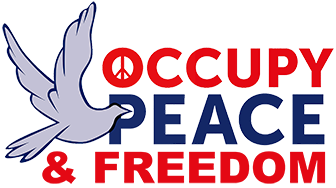World journalists have been quicker than Americans to see danger in prosecuting the Wikileaks founder.
J.D. Tuccille | 6.22.2022 7:00 AM
While the ordeal of Wikileaks founder Julian Assange elicits grudging reactions from many American journalists who find him distasteful, his pending extradition to the United States, just approved by the British government, spurs protests around the world. In countries not blessed with a First Amendment, advocates of free speech rightly see Assange’s years-long persecution for exposing U.S. government secrets as an attack on transparency and a threat to anybody who embarrasses powerful officials. Comfortable seat-warmers who are cozy with the powers-that-be may hesitate, but real journalists battling censorious politicians recognize Assange as one of them.
“UK Home Secretary Priti Patel has signed an order to extradite Julian Assange to the United States, where he faces up to 175 years in prison on charges linked to Wikileaks’ publication of information in the public interest,” Paris-based Reporters Without Borders (RSF) noted on June 17. The organization described the decision as “a failure by the UK government to protect press freedom and will have dangerous implications for journalism around the world.”
On a similar note, London-based PEN International, which represents writers around the world, protested that “Julian Assange’s prosecution raises profound concerns about freedom of the press. Invoking the Espionage Act for practices that include receiving and publishing classified information sends a dangerous signal to journalists and publishers worldwide.”


Recent Comments